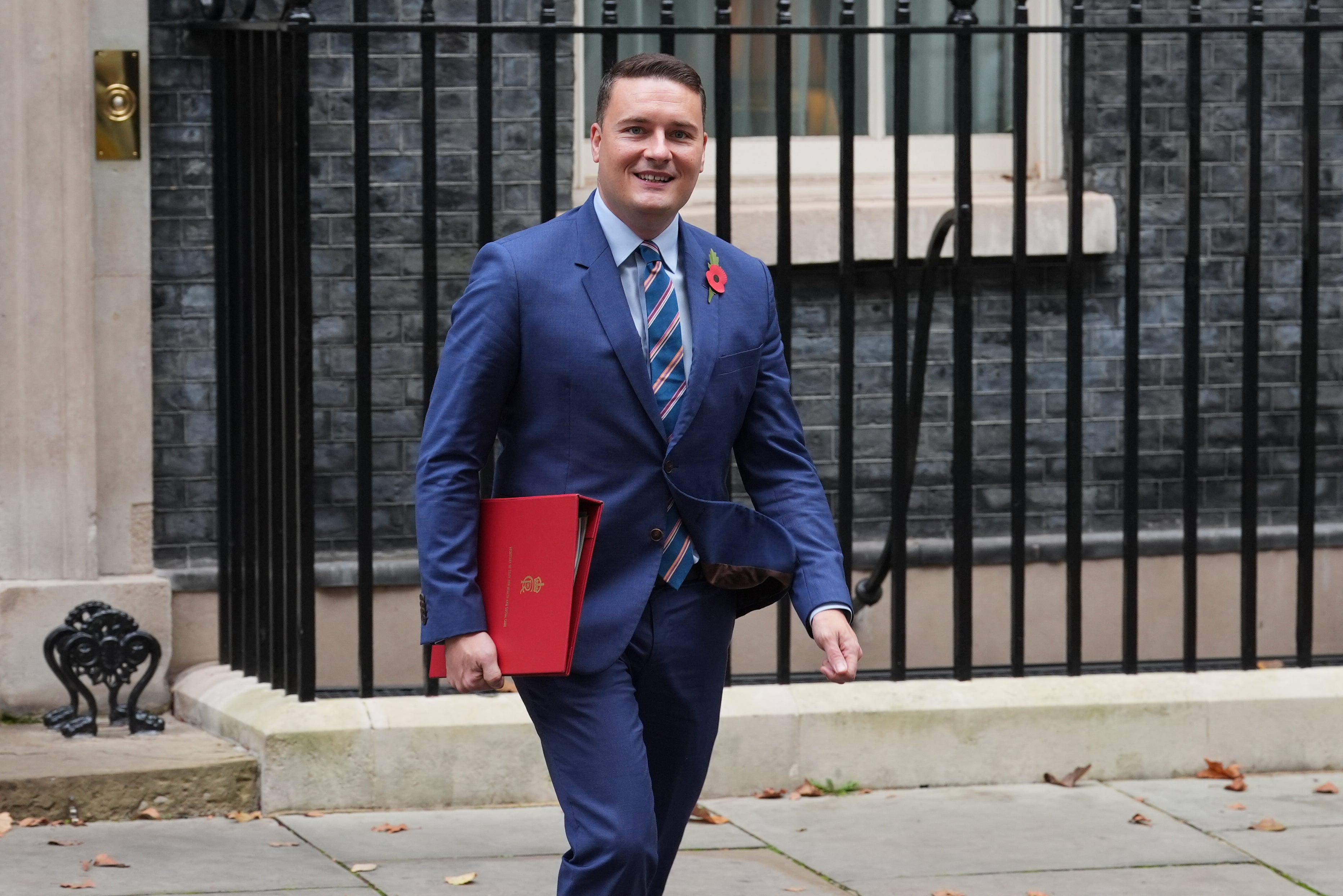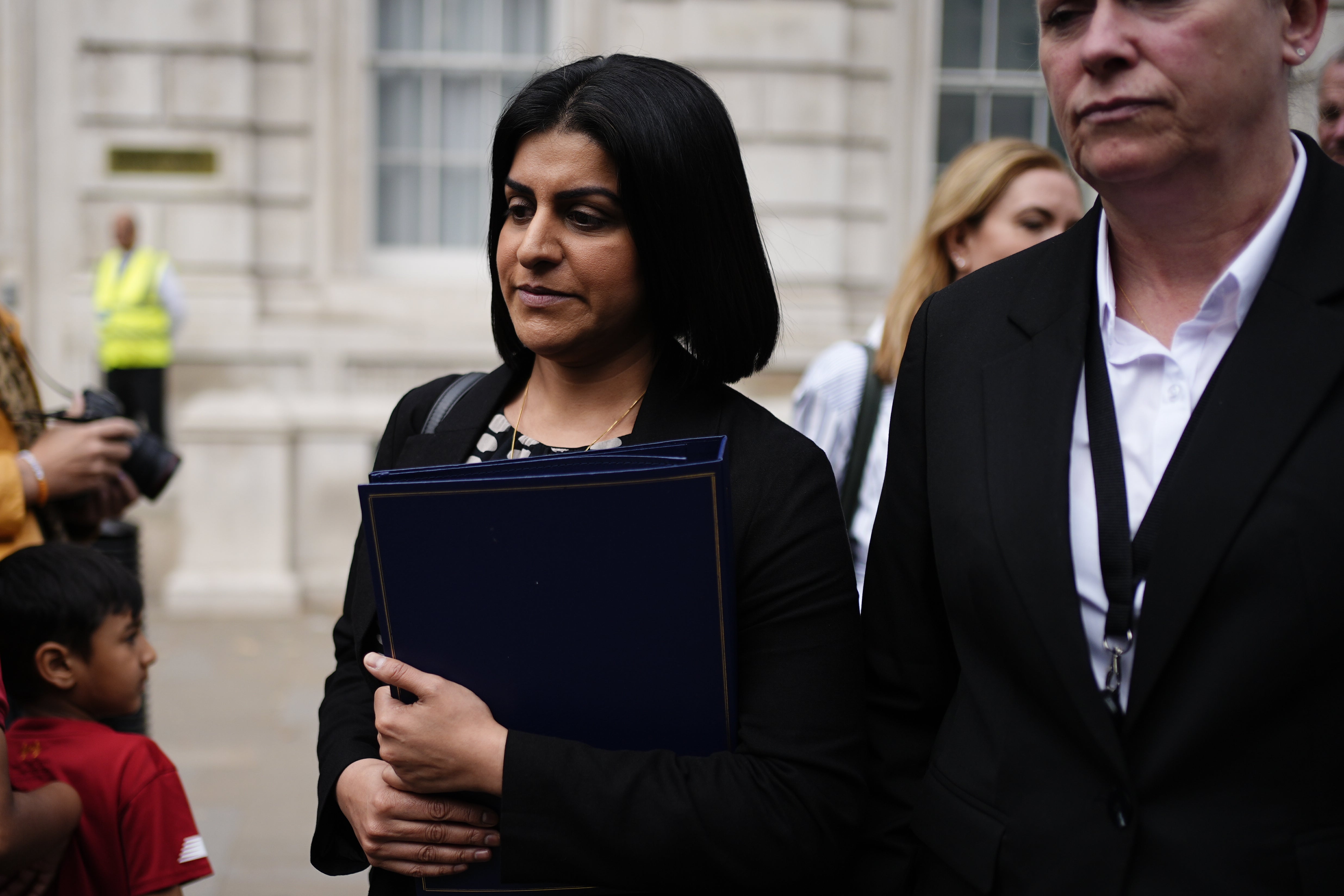How MPs are expected to vote so far on assisted dying
The Independent analysed public statements from all 650 MPs to find how many will likely vote for or against the assisted dying bill this week, reports Alicja Hagopian


Your support helps us to tell the story
From reproductive rights to climate change to Big Tech, The Independent is on the ground when the story is developing. Whether it's investigating the financials of Elon Musk's pro-Trump PAC or producing our latest documentary, 'The A Word', which shines a light on the American women fighting for reproductive rights, we know how important it is to parse out the facts from the messaging.
At such a critical moment in US history, we need reporters on the ground. Your donation allows us to keep sending journalists to speak to both sides of the story.
The Independent is trusted by Americans across the entire political spectrum. And unlike many other quality news outlets, we choose not to lock Americans out of our reporting and analysis with paywalls. We believe quality journalism should be available to everyone, paid for by those who can afford it.
Your support makes all the difference.Parliament will vote on an assisted dying bill this Friday for the first time in nearly a decade.
Labour MP Kim Leadbeater proposed the Private Members Bill in mid-October, which will legalise assisted death under certain conditions for terminally ill adults in England and Wales.
The bill would apply to those who are over 18 years old, have mental capacity, and have six months left to live, with the consent of two medical professionals.
The bill has generated strong opinions from both sides of the assisted dying movement, while even some of those in favour have voiced concerns over the lack of safeguarding in the bill.
A group of MPs have also pushed an amendment which may stop the bill from progressing to a vote this week.
The Independent analysed public statements from all 650 MPs, in addition to news reports and other available information, to find which MPs will likely vote for or against the assisted dying bill this week. The analysis will be updated as more MPs come forward.
The bill is open to a “free vote”, meaning that the party whips will not dictate whether to support or oppose the bill. Individual MPs are free to vote based on their own values and opinions of their constituents, regardless of whether they are Labour, Tory, or otherwise.
Note: the voting intention of MPs is not final until the votes have been cast on Friday. As this is a sensitive issue, many MPs are still deciding and some could change their mind from previous positions.
Our analysis found that at least 85 MPs are likely to vote in favour of the bill, while at least 76 are likely to vote against it.
Some 489 MPs have either not made their opinion on assisted dying public, said they are still weighing up both possibilities or said they will abstain from the vote.
Taking this into consideration, it will be difficult to say exactly whether the vote will pass. There is a significant degree of “unknown”, particularly among first-time MPs who are facing the issue for the first time.
Meanwhile, when also including voting intentions shared off-record, ITV reports 146 MPs are planning to vote for the assisted dying bill, and 101 plan to vote against it.
Both our analysis and ITV’s analysis indicate that slightly more MPs are leaning in favour of the assisted dying bill than not.
Within the parties, our analysis found MPs are divided between voting for and against the bill, according to public declarations, reports, and working group memberships.
Labour MPs are more likely than Tories to lean towards supporting the assisted dying bill, which was proposed by a fellow Labour MP.
At present, an estimated 50 Labour MPs will support the bill, while 39 will vote against it.
Among those against the bill are some of Labour’s most prominent members, including health secretary Wes Streeting, and long-standing MP Diane Abbott.

Conservative MPs are more likely to vote against the bill, but at least 12 MPs so far are likely to support assisted dying, including Kit Malthouse and former medical practitioner Neil Shastri-Hurst.
Lib Dem leader Ed Davey, whose son was born severely disabled and whose wife has MS, has said he will not back the assisted dying bill. Meanwhile, 18 of his fellow party members are likely to vote in favour.
Even in smaller parties like Reform, the decision is highly individual. While leader Nigel Farage is against assisted dying, saying it “gives him the shivers”, deputy leader Richard Tice has come out strongly in favour.
“We should be brave enough to try assisted dying,” Mr Tice said on Jeremy Kyle earlier this month.

Several MPs voting against assisted dying have said they will do so due to the bill feeling “rushed”, and lack of adequate consultation over safeguarding.
Others have warned of possible coercion as a reason they will not support the bill, including North Northumberland MP David Smith.
In addition, some have cited moral or religious reasons as part of their decision, such as Muslim MP and justice secretary Shabana Mahmood and Christian MP Rachael Maskell.
Lord Falconer has come under fire for criticising Ms Mahmood, saying that her religious beliefs “shouldn’t be imposed on everybody else”.
Meanwhile, Tory MP Danny Kruger — an evangelical Christian who has been a vocal campaigner against assisted dying — is under investigation for his role in a parliamentary group called “Dying Well”, which received £55,000 from lobbyists.
Join our commenting forum
Join thought-provoking conversations, follow other Independent readers and see their replies
Comments